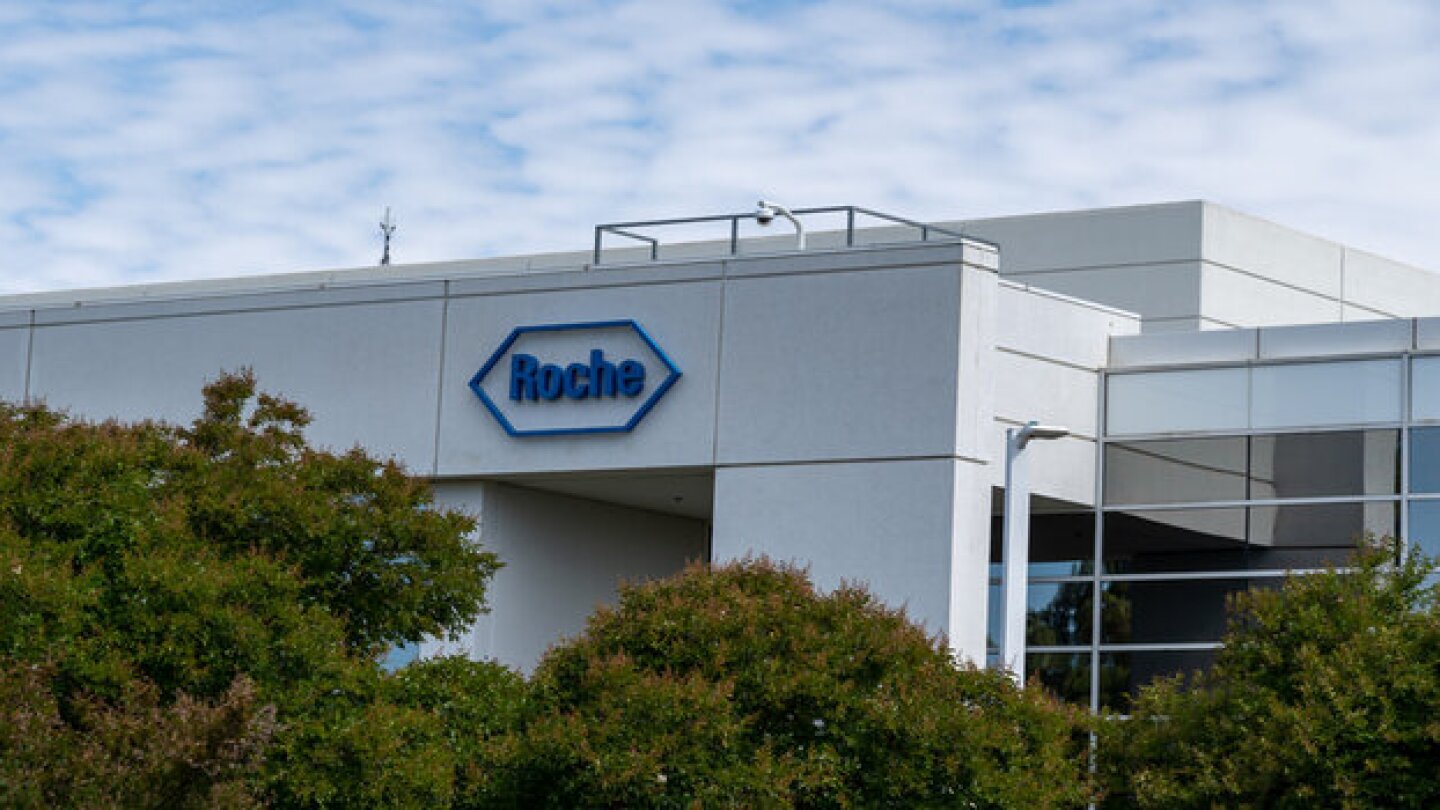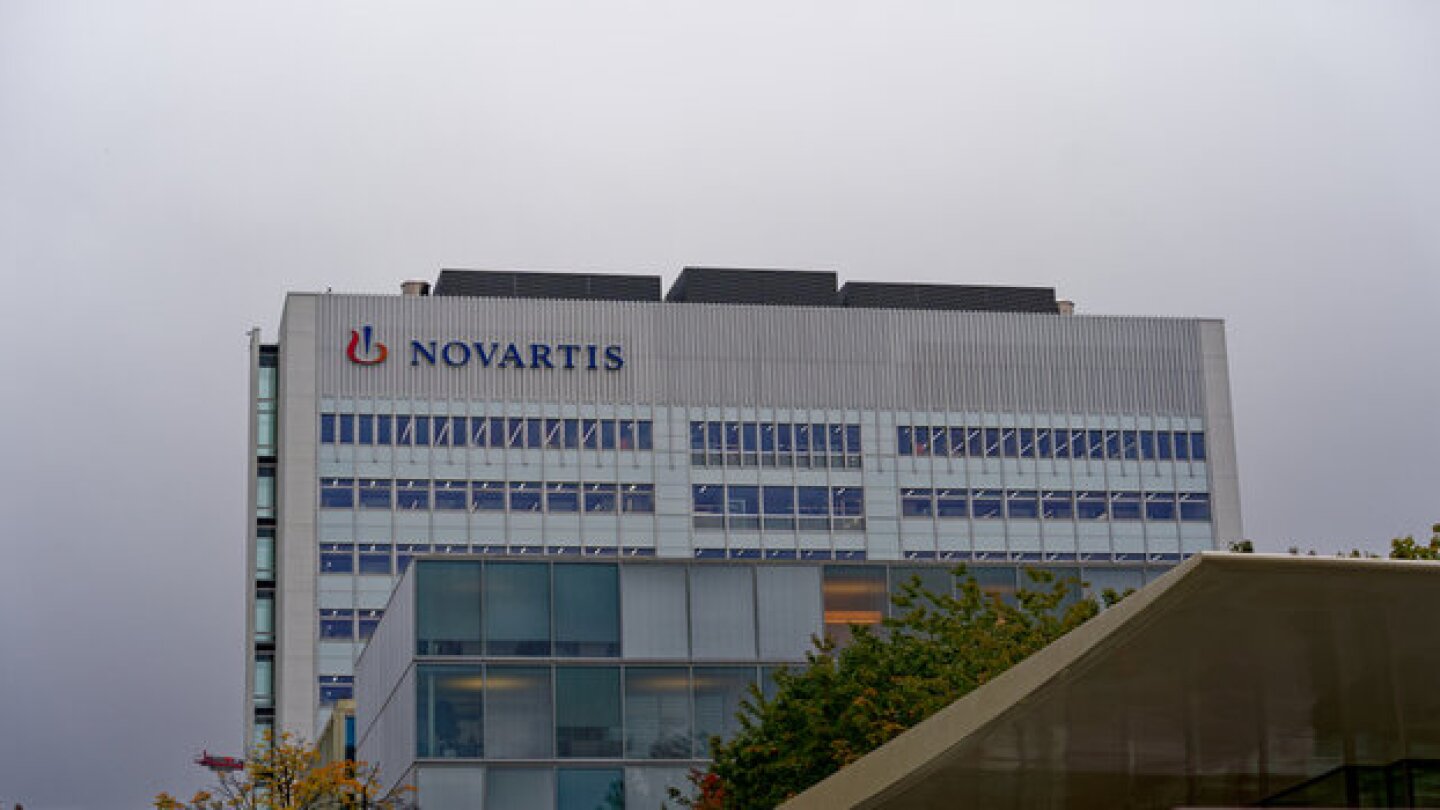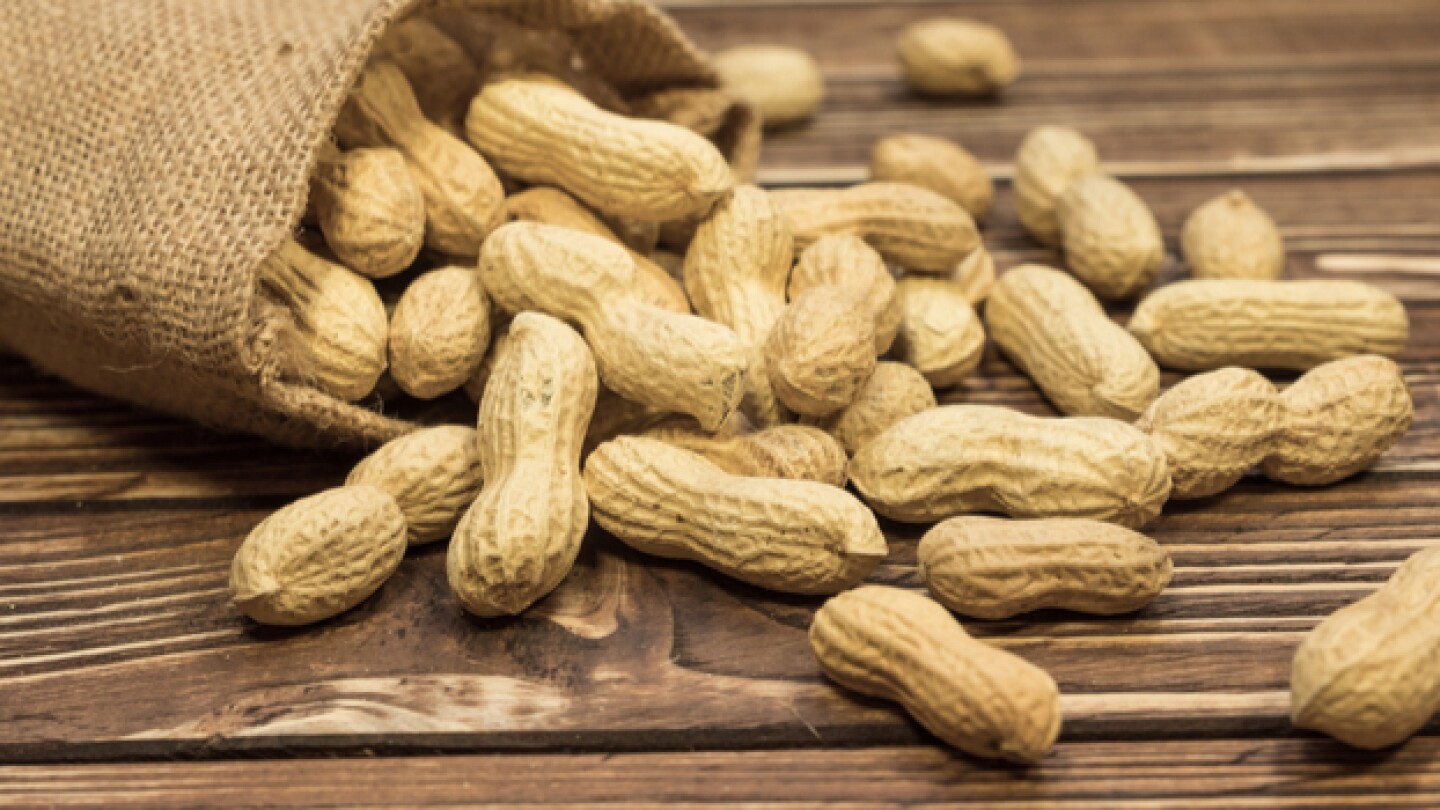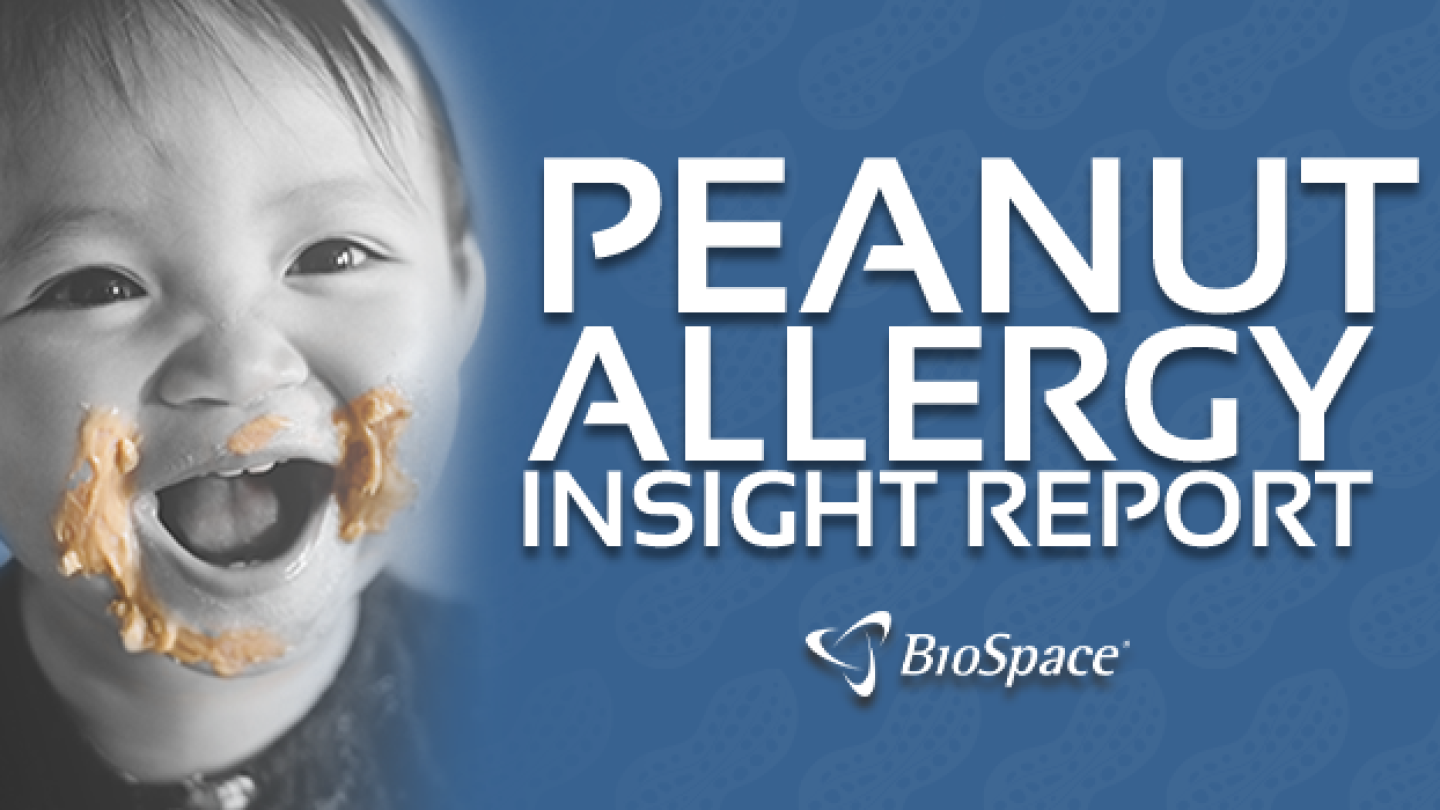Peanut
Approved earlier this month for children and adults with one or more food allergies, Xolair in a Phase III study reduced severe allergic reactions in patients suffering from multiple food allergies.
The Swiss pharma’s Phase III trial of ligelizumab in patients with peanut allergies has been terminated, according to a ClinicalTrials.gov update on Tuesday.
DBV Technologies aims to fill the peanut allergy treatment gap, especially for highly allergic children, with their low dose epicutaneous immunotherapy (EPIT) patch Viaskin™ Peanut.
In its CRL, the FDA identified concerns regarding the impact of patch-site adhesion on efficacy and indicated the need for patch modifications.
DBV announced positive topline results from its Phase III PEPITES trial evaluating the long-term efficacy and safety of investigational Viaskin Peanut in peanut-allergic children aged 4 to 11 years.
FARE said the biomarker research project, which will be conducted at Janssen’s World Without Disease Accelerator, “has the potential to make a real and significant impact for the 32 million Americans living with food allergies.”
AR101 is an investigational, peanut-derived, biologic drug candidate for oral immunotherapy in patients with peanut allergy. It delivers a daily dose of peanut protein with a consistent protein profile.
Peanut allergy is the most common food allergy in children and that number has been rising – peanut allergy incidence increased 21 percent from 2010 to 2017. Almost 2.5 percent of children in the US are thought to have a peanut allergy, according to the American College of Allergy, Asthma, and Immunology (ACAAI).
Aimmune’s peanut allergy treatment is one-step closer to approval following strong support from the Allergenic Products Advisory Committee, which overwhelmingly recommended approval of Palforzia, the proposed trade name of the investigational oral treatment, AR101.
PRESS RELEASES








